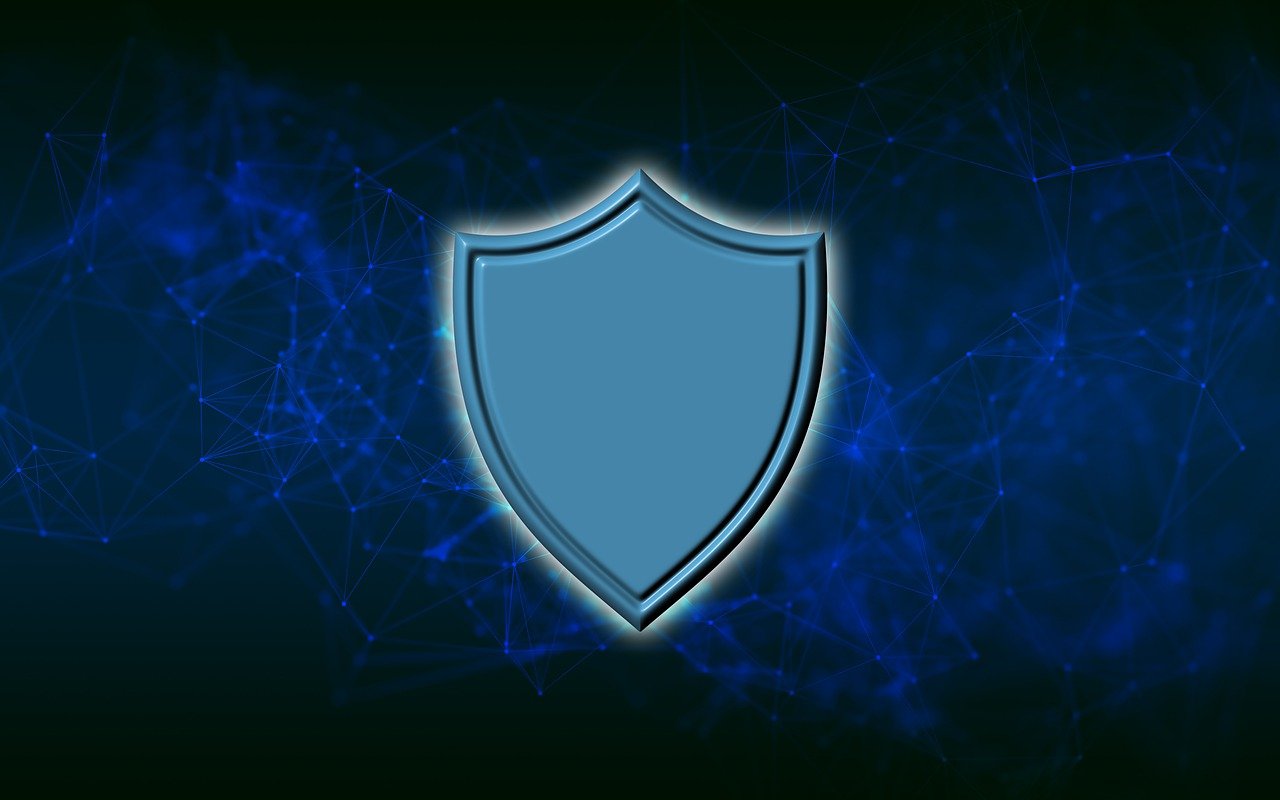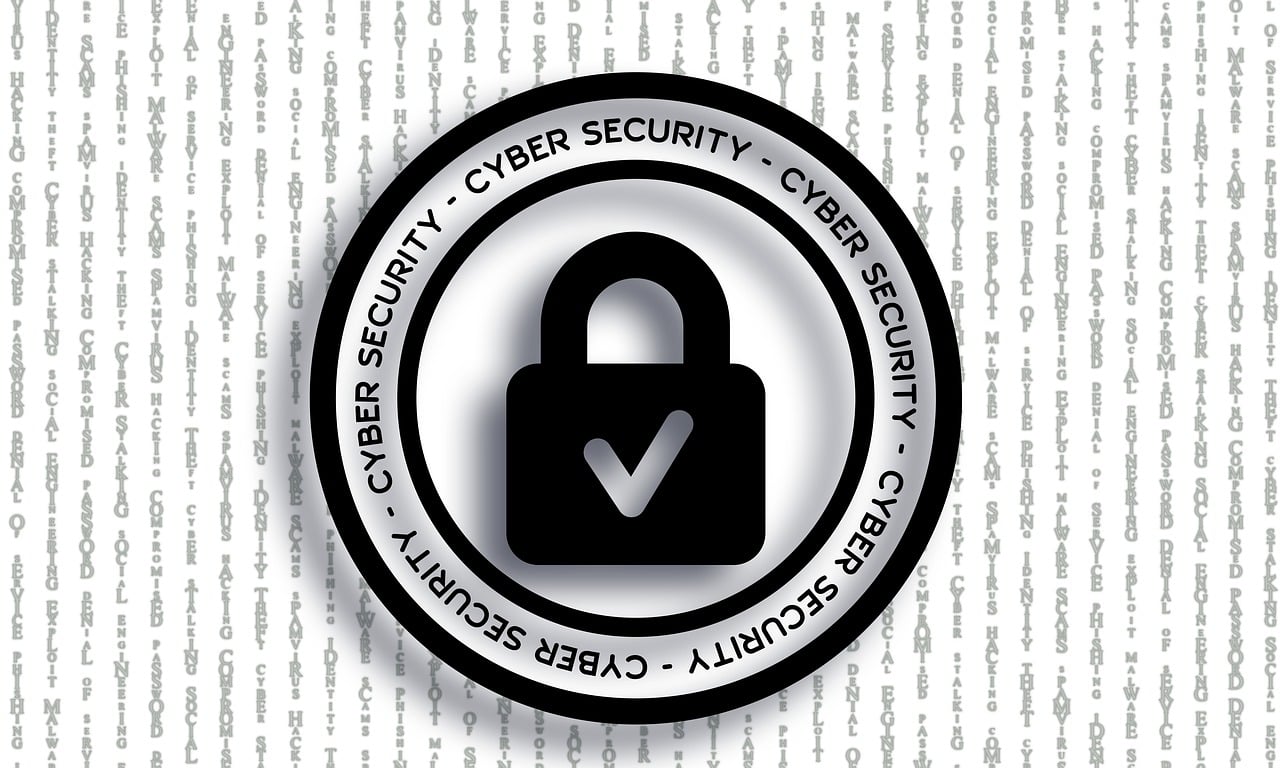It’s tax season in the U.S. and as a small accounting firm, you might be busy gathering all the required documents to submit your return on time. However, just when you are occupied with your taxes, fraudsters are looking out for an opportunity to steal your identity and money.
According to the Internal Revenue Service (IRS), over $37 billion was robbed in tax fraud and financial crimes in 2023. Still, there are ways you can protect yourself and recognize possible fraud warning signs.
Know The Threats For Accounting Firms In Tax Season
During tax season, hackers often target small and medium businesses that have limited resources and personnel. And one of the most targeted industries in the tax season is accounting and finance as they have tons of client data and file sharing across the network.
Cybersecurity refers to the practices and measures taken to protect computer systems, networks, and data from unauthorized access, cyber-attacks, and data breaches. These threats can come in various forms, including viruses, malware, phishing emails, ransomware, and more.
Cybersecurity Essentials for Accounting and Finance Firms
Here are 8 cybersecurity tips to help you be clear of cyber threats and safeguard yourself from identity theft and financial fraud during tax season.
- Familiarize Your Employees with cyber attacks
Employee training is one of the most practical ways to prevent cyber-attacks. Employees are often the most vulnerable tie in a company’s cybersecurity defense, particularly the accounting and auditing team, who have confidential data and files about employees as well as the company.
Therefore, when it comes to protecting your business, you should training your employees on recognizing potential dangers and what to do if they experience one. Firstly, you need to educate your staff about common cyber threats such as phishing emails, malware, and social engineering tactics through regular training sessions, seminars, and workshops.
- Implement Strong Password Policies
Effective password management is as important in the business world as in personal life. With the increasing frequency of cyber-attacks in the accounting industry, implementing strong password practices should be on your top list for maintaining the security of business operations.
Here are a few best practices:
- Use strong passwords with a mix of letters, numbers, and symbols.
- Avoid common words or easily guessable information.
- Create unique passwords for each account.
- Update passwords regularly for added security.
- Keep Software Updated
For an accounting or finance business, updating systems and software is a major step in the journey of developing a strong cybersecurity strategy, especially during tax season. Regular updates form a virtual guard that patrols against cyber threats and safeguards sensitive data.
Sometimes, the people who make software find mistakes or holes in it that hackers could use to get into your network or device. When they find these flaws, they create updates, like patches or fixes, to seal up those holes and keep your computer safe.
Updates often come with new features or improvements that make your software work better or faster. So, not only are you keeping your computer safe, but you’re also getting the most productive work out of your system. Your computer holds a lot of important information such as files, reports, documents, and passwords. By keeping your software updated, you’re helping to protect all that valuable information from falling into the wrong hands. So, whenever you see a notification for an update, go ahead and install it.
- Secure Your Network
Accounting businesses often store and transmit sensitive information over their networks, including customer data, financial records, and proprietary information. A secure network acts as a barrier against cyber threats such as malware, ransomware, and unauthorized access attempts. By implementing robust security measures, you can prevent these threats from infiltrating your network and compromising sensitive data or disrupting operations.
To secure your network, consider implementing the following measures:
- Install and configure firewalls to monitor and control incoming and outgoing network traffic.
- Encrypt data transmitted over your network using encryption protocols such as Secure Sockets Layer (SSL) or Transport Layer Security (TLS).
- Set up a VPN to create a secure, encrypted connection between remote users and your internal network.
- Conduct regular security audits and assessments of your network infrastructure to identify vulnerabilities, misconfigurations, or potential security gaps.
- Backup Your Data
In this tax season, businesses should establish clear backup policies and procedures tailored to specific needs by defining backup frequencies, determining retention periods, and implementing robust security measures to protect backup data from unauthorized access or tampering.
Data backups promote continuity of functions by delivering a reliable means to restore essential systems and information in case of a disaster or unforeseen incident. Backing up data helps you mitigate the risk of permanent data loss due to hardware failures, software glitches, or human errors.
Moreover, implementing robust data backup procedures helps organizations meet compliance requirements by ensuring the availability and integrity of critical data for audit and regulatory purposes.
- Limit Access to Sensitive Data
Data is something that should always have limited access as per the employee role. Limiting access to sensitive data is crucial for protecting confidential information within a business. By implementing role-based access controls and adhering to the principle of least privilege, you ensure that employees only have access to the data necessary for their roles.
Regular access reviews, strong access controls, and monitoring mechanisms further bolster security measures. It mitigates the risk of data breaches, insider threats, and unauthorized access, safeguarding the confidentiality and integrity of critical information assets. Effective management of access to sensitive data is essential for maintaining trust with customers, complying with regulations, and preserving the reputation of your accounting or finance business.
- Develop an Incident Response Plan
Since we are talking about security here, we can’t forget to highlight the significance of having an incident response plan (IRP) in place along with the vital precautions to ensure cybersecurity. An IRP is a written document that enables an organization to handle a suspected security incident before, during, and after the occurrence. Despite all the precautions taken, a cyber incident may still occur, and having a plan in place can help to minimize the damage.
- Invest in Cybersecurity Insurance
Cybersecurity insurance acts as a crucial safety net, for your accounting business that shields you from the financial fallout of such incidents. With cyber insurance, expenses such as forensic investigations, legal fees, and notification costs will be covered, along with liability claims and financial losses. By integrating cyber insurance into your risk management plan, you fortify your resilience against unforeseen cyber threats.
Sounds Too Complex? We Are Here For You
Managing security infrastructure can be time-consuming and complex for an accounting firm like yours, especially during tax season. That’s where a Managed Security Service Provider (MSSP) like IT LAB can help.
At IT LAB, we provide end-to-end managed cybersecurity services to businesses of all sizes. With over 10 years of experience, we have the expertise and knowledge to handle all your security needs.
One of the key benefits of working with an MSSP is that you can save time and money by outsourcing your security needs. Instead of hiring in-house security experts, which can be expensive and time-consuming, you can rely on our team of experts to keep your infrastructure secure and running. This way, you can allocate more resources to growing your business and achieving your goals.
Our team of engineers and technicians work around the clock to ensure that your IT infrastructure is secure, reliable, and available at all times. We use the latest tools and technologies to monitor your systems and detect any issues before they become major problems.
In addition to our technical expertise, we pride ourselves on our client service. We understand that every business is unique, and we tailor our services to meet your specific needs. Our team of support professionals is always available to answer your questions and provide personalized support.
Contact us today to learn more about our cybersecurity services and how we can help your business grow.






